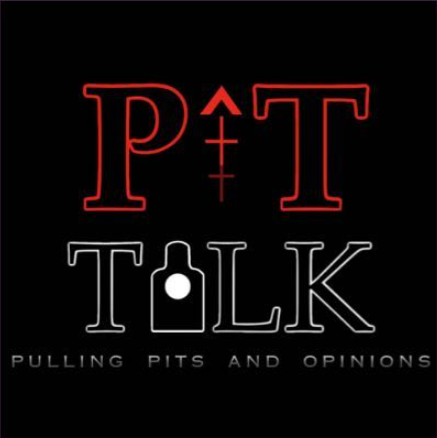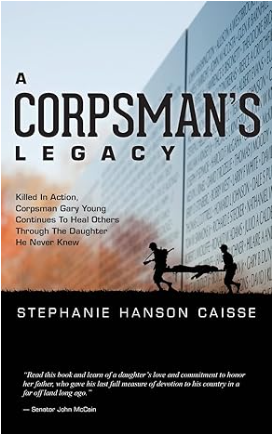Reflecting on the lives of Marine Corps veterans, one realizes that their journey doesn’t end with their discharge papers. Their experiences, lessons, and bonds created during their time in service become an indelible part of their identity. While civilian life brings new opportunities and challenges, many veterans find themselves nostalgically recalling certain aspects of their time in the Corps.
Whether a Marine served in a combat zone, was deployed overseas, or spent their entire time stationed within the continental United States (CONUS), each experience contributes uniquely to what they remember and miss about their service. Of course, how long a Marine served, whether they were enlisted or an officer, and their MOS (Military Occupational Specialty) all influence what they miss—or don’t miss—once they transition to civilian life. Here are some of the things Marine Corps veterans often miss the most about being on active duty.
The Unbreakable Camaraderie
One of the most profound elements Marine Corps veterans miss is the camaraderie that forms in the heat of shared experiences. The bonds created with fellow Marines during intense training exercises, long deployments, and the daily grind of military life are unlike any other. These relationships, forged in situations where trust and reliance on one another are paramount, often become lifelong connections. Veterans often speak of the deep sense of brotherhood and sisterhood, where each Marine has the other’s back, creating an unspoken but powerful bond that many find hard to replicate in civilian life. Adding to this is the raw humor and vulnerability shared among Marines, where jokes and banter become a coping mechanism for the hardships they face together. This blend of humor and openness strengthens their connections, creating a unique camaraderie that remains deeply missed once they return to civilian life.
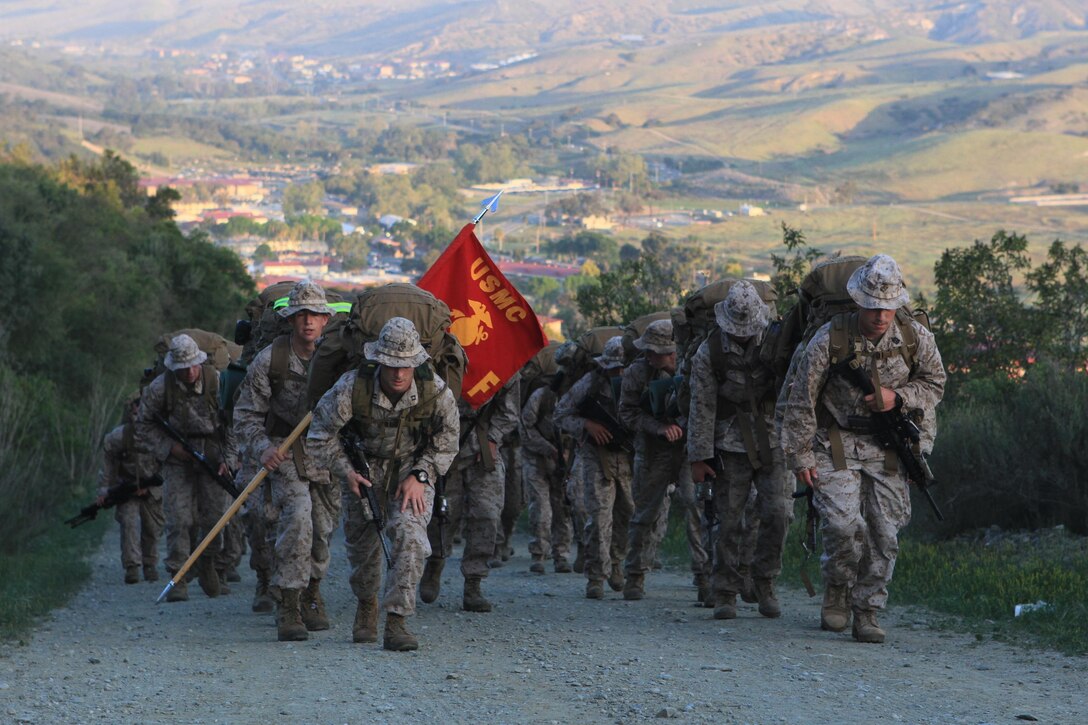
The Sense of Purpose and Mission
Life in the Marine Corps is driven by a strong sense of purpose. Every day, every task, and every mission contribute to a larger goal that is clear and well-defined. Veterans frequently miss this structured sense of purpose, which provides a profound sense of fulfillment and direction. The clarity of mission and the understanding that their work directly impacts national security and the well-being of their fellow citizens provide a deep sense of satisfaction and motivation that can be challenging to find in civilian careers.
The Discipline and Routine
The discipline instilled in Marines is legendary and is something many veterans miss after transitioning to civilian life. The rigorous schedule, the physical demands, and the mental toughness required to thrive in the Marine Corps become second nature. This structured lifestyle creates a predictable and stable environment where Marines know what is expected of them. In contrast, civilian life can sometimes feel disorganized or lacking in clear expectations, making the disciplined routine of military life a source of nostalgia for many veterans.
The Thrill and Adrenaline of Operations
The Marine Corps often involves high-stakes, adrenaline-pumping operations that test the limits of physical and mental endurance. Whether it’s a challenging training exercise, a deployment to a conflict zone, or a humanitarian mission, the intensity and excitement of these experiences create a unique kind of thrill. Many veterans miss the adrenaline rush and the feeling of being fully alive that comes with operating in high-pressure environments. The camaraderie, the sense of accomplishment, and the adrenaline create memories that stand out vividly against the backdrop of civilian life.
The pride of wearing the Uniform
The pride that comes with wearing the Marine Corps uniform is immense. It symbolizes honor, courage, and commitment—the core values of the Corps. For many veterans, donning the uniform was more than just a daily routine; it was a profound reminder of their role in something greater than themselves, a visual representation of their service and dedication. Among the various uniforms, the Marine Corps Dress Blues hold a special place in the hearts of many veterans. Adorned with distinctive decorations, medals, and a sharp, classic design, the Dress Blues represent the pinnacle of Marine Corps tradition and honor. The pride of wearing them, often accompanied by a deep sense of respect and admiration from others, can be deeply missed once veterans transition to civilian attire. This sense of pride and the identity that comes with being a Marine can linger long after the uniform is hung up, making the transition to civilian life both a poignant and reflective experience.
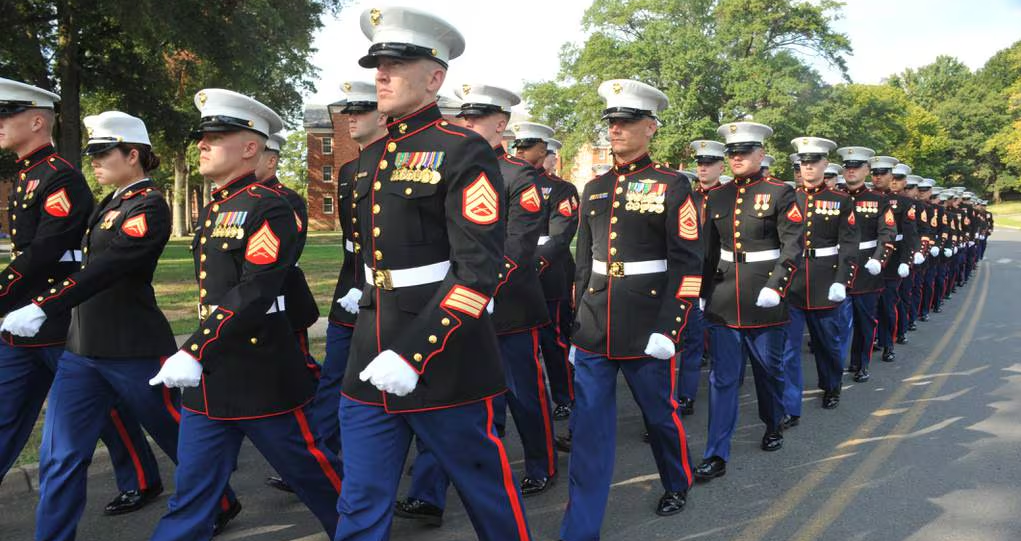
The Global Experiences and Travel
Serving in the Marine Corps often means traveling to various parts of the world, experiencing diverse cultures, and being part of international missions. These experiences are enriching and broaden one’s perspective in profound ways. Veterans frequently reminisce about the places they visited, from the thrilling streets of Olongapo in the Philippines to the historic sites in Europe, or the amazing cities of East Asia. They recall the cultural exchanges, the unique local traditions, and the opportunities to engage with different communities that only a military lifestyle can offer. The adventure and excitement of global travel, coupled with the sense of duty and camaraderie, create lasting memories that many veterans cherish long after their service ends. The varied landscapes and the dynamic environments they encountered, whether in training exercises, humanitarian missions, or deployments, become integral parts of their personal history and contribute to their deep sense of pride and nostalgia.
The Physical Fitness and Training
Physical fitness is a cornerstone of life in the Marine Corps. The rigorous training programs ensure that Marines are always in peak physical condition. While some Marines embraced the daily physical training with enthusiasm, others had to summon motivation to keep up with the demanding routines. Many veterans miss the structured fitness regimens and the high standards of physical health maintained during their service. The Marine Corps Physical Fitness Test (PFT) is a key component, requiring Marines to excel in exercises such as pull-ups, sit-ups (or crunches), and a timed three-mile run, with scores expected to meet or exceed stringent benchmarks. The sense of accomplishment that comes from meeting these demanding physical challenges, along with the camaraderie built through shared training experiences, are aspects of military life that veterans often look back on fondly. Whether it was striving to achieve a perfect PFT score or the collective drive to push through tough sessions, these elements of service leave a lasting impact on their memories of military life.
The Culture of Respect and Hierarchy
The Marine Corps operates on a well-defined hierarchy and a culture of respect that permeates every interaction. This clear structure provides a sense of order and predictability, where everyone knows their role and the chain of command is respected. Veterans often miss this culture of mutual respect and the clear expectations that come with the military hierarchy. In civilian life, where organizational structures and cultures can vary widely, the absence of this structured environment can be felt keenly.
The transition from active duty to civilian life is a significant shift, and it’s natural for Marine Corps veterans to look back with a sense of nostalgia for the unique and intense experiences they had while serving. The camaraderie, the sense of purpose, the disciplined routine, and the thrill of operations create a deeply ingrained part of their identity. While civilian life offers new opportunities and challenges, the memories and lessons from their time in the Corps remain a cherished part of who they are, shaping their perspectives and guiding their paths forward.
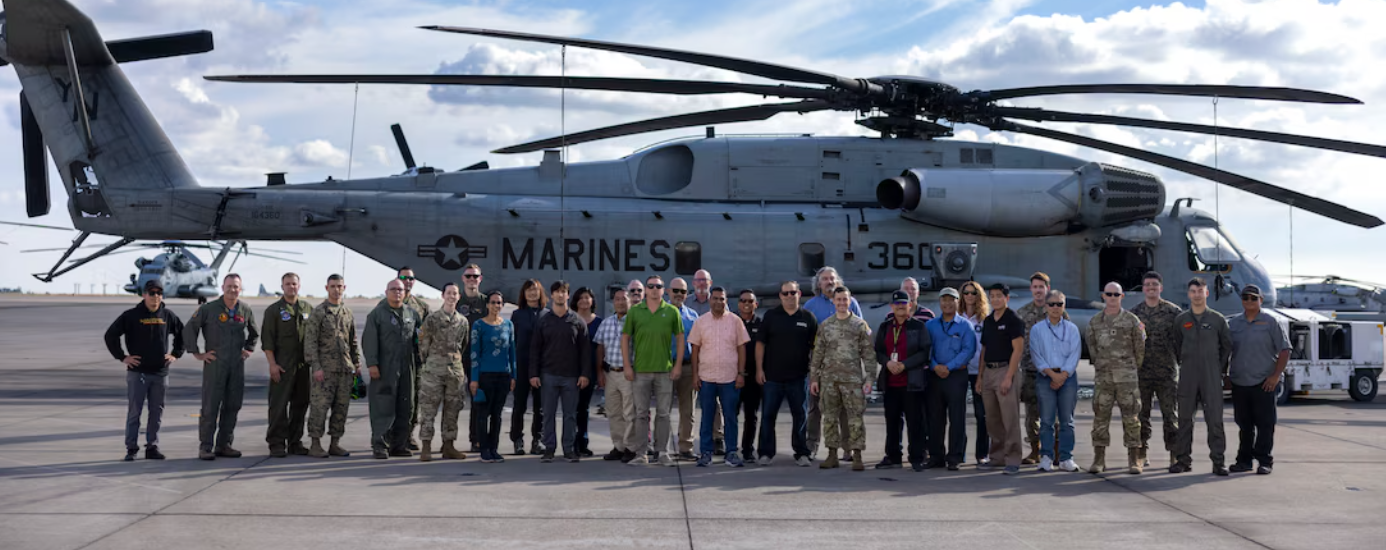
Reunions and Staying in Touch
Despite the transition to civilian life, many veterans maintain the ties that bind them to their past. Reunions are a cherished tradition, not merely for reminiscing about old stories or looking at faded photographs, but for rekindling the profound connections formed during their service. As Michael Norman beautifully expresses in his poem “These Good Men,” the gatherings are not about nostalgia but about being with the men who once shared their most intense and raw experiences. These reunions serve as a reminder of the trust and sacrifice that defined their time together.
Even as some comrades drift away, and communication becomes sparse, the memories of those shared trials and the trust placed in each other remain a central part of their lives. Veterans often find comfort in knowing that, as long as memory persists, the bond with their comrades endures. The friendships formed in the Marine Corps, with all their imperfections and complexities, are held close to their hearts, and the thought of these “good men” provides solace and pride. The enduring connection, despite physical distance or time, is a testament to the unique and unbreakable camaraderie that defines Marine Corps service.
Semper Fi!
Photos: Marines.mil

 Our legacy lives through the stories we tell. The Suck Life wants yours! Make Chesty proud!
Our legacy lives through the stories we tell. The Suck Life wants yours! Make Chesty proud!


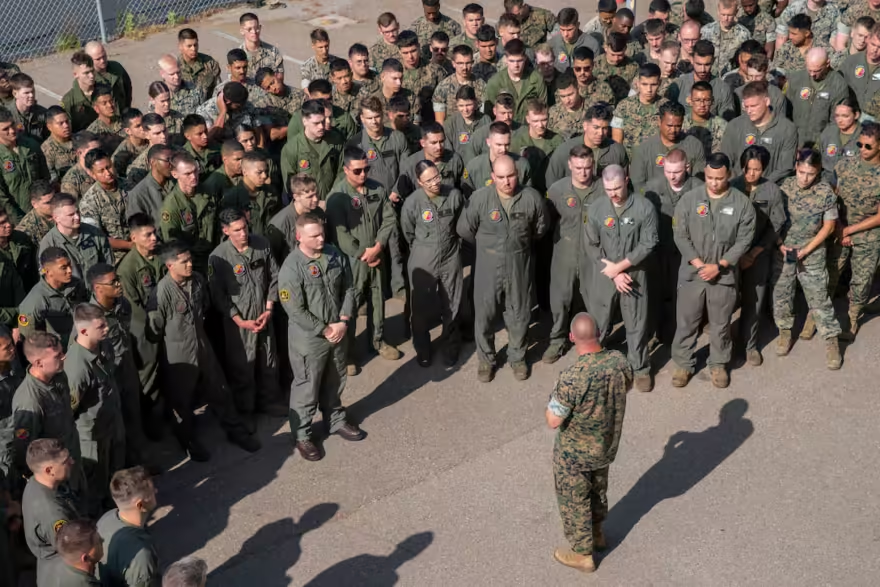
 Semper Fidelis
Semper Fidelis


